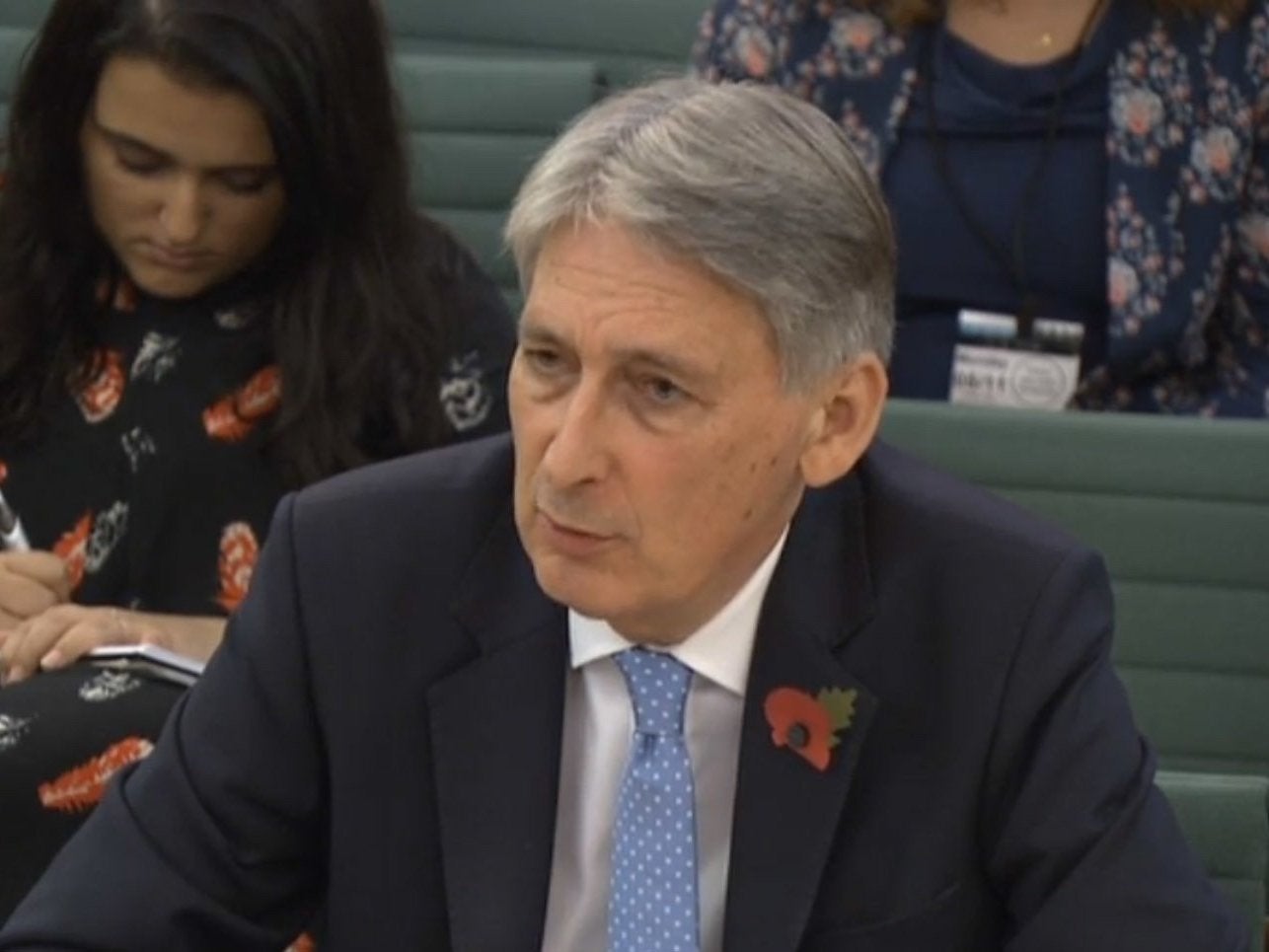Britain's dominant services sector has turned in a shocker
The Purchasing Managers' Index fell to 50.4 in November, well below City forecasts. Anything over 50 represents growth, but it was stunted as firms worked through back orders

Your support helps us to tell the story
From reproductive rights to climate change to Big Tech, The Independent is on the ground when the story is developing. Whether it's investigating the financials of Elon Musk's pro-Trump PAC or producing our latest documentary, 'The A Word', which shines a light on the American women fighting for reproductive rights, we know how important it is to parse out the facts from the messaging.
At such a critical moment in US history, we need reporters on the ground. Your donation allows us to keep sending journalists to speak to both sides of the story.
The Independent is trusted by Americans across the entire political spectrum. And unlike many other quality news outlets, we choose not to lock Americans out of our reporting and analysis with paywalls. We believe quality journalism should be available to everyone, paid for by those who can afford it.
Your support makes all the difference.Best batten down the hatches.
The latest Purchasing Managers’ Index (PMI) figures for the performance of the dominant services sector have been released and they are ugly indeed.
The index fell to 50.4 last month, down from 52.2 in October. That’s a tumble, and it was a lot worse than the City had forecast.
Anything above 50 represents growth. But there’s not much consolation to be had from that. Chris Williamson, from IHS Markit, the firm that crunches the numbers, pointed out that growth was held up by firms working through back orders.
Without a revival of demand, the number will likely slip into decline by the end of the year. That does not bode well for the economy. The forecasts Brexiteers are fond of traducing? It’s entirely possible to see them as being overly optimistic.
You might recall that the autumn Budget, based on the forecasts of the Office for Budget Responsibility, saw chancellor Philip Hammond feel able to loosen his purse strings (a little).
There are some that sought to draw comfort from the fact that the last time sentiment was this weak was in the panic that followed the vote to leave the EU.
History shows things soon settled down.
But part of the reason for that was because Britain remained in the EU. Its trading relationships were unchanged. Things carried on pretty much as normal.
Businesses were still faced with an unusual degree of uncertainty, which continued throughout the tortuous negotiations that followed. There were consequences stemming from that. The pound turned into a yo yo, bouncing up and down in response to every little twist and turn of the negotiating process (and it’s still at it). The UK economy, which had been motoring at the head of the OECD pack, encountered some engine troubles and moved to the slow lane, where it remained stuck behind a Brexit lorry.
But while growth was torpid, there was still some to be had. And Britain enjoyed some good fortune. It was propped up by the continuing expansion of the world’s economy, which performed better than most had predicted.
This time things look different. The kingpins of the services sector can no longer look ahead to two years of relative stability that the continuing EU membership provided. The future is a void, and will likely remain so for some time to come.
There are good reasons to look at that figure and shudder. If Philip Hammond didn’t do that while sitting at his desk in No 11 Downing Street, he certainly should have.
It is hard to see where a pick up of demand will come from, absent Theresa May winning next week and foisting her dismal Brexit deal on the country. It would at least offer some short-term certainty, if at the cost of long-term pain.
However, it’s not something anyone would be wise to bet on.
Join our commenting forum
Join thought-provoking conversations, follow other Independent readers and see their replies
Comments